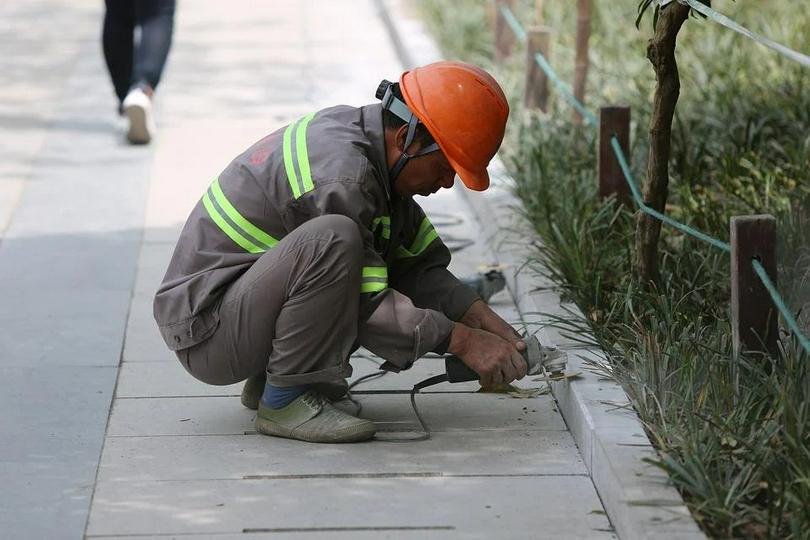Pastor Meng'en Li serves a church located in a southern city where the processing industry is the main industry. Church members have high mobility. In these years with the pandemic, Li has learned lessons on discipleship training, pastoring groups, and hybrid worship.
For discipleship training, Li tends to train more full-time workers to be church ministers. His thoughts changed in this process of serving migrant workers in factories for many years. “At first, I thought the church should train more full-time ministers, but later I thought it’s better to train more full-time workplace members to be (part-time) church ministers.”
He explained that when a church is small, church leaders should encourage believers who have their own job to serve rather than asking them to be full-time ministers. “I hope that believers can glorify God with their gifts and in their position. If the church is not big enough, I prefer to encourage more people who have their own job to serve.”
Li believes that the tithe of believers in the workplace can support full-time ministers in the church. “Some people are gifted in pastoral ministry, then we encourage them to leave their work and serve well; some people are gifted in making money, then we encourage them to make more money. In this way, all people get their reward from God.”
“If church pastors shepherd a group of people who only eat and go, then pastors will surely be exhausted and in lack. The church should cultivate disciples, not religious people. For Jewish communities, 12 adult men can establish a synagogue that can support a full-time rabbi. In the same way, the church won’t be too difficult in finance.”
Li has also changed his mind about pastoring groups. He tended to establish a big church, but later he realized the importance of small group ministry.
"Jesus said, where two or three come together in my name, there am I with them," He said, "church development demands more small groups and group leaders. A family has more than two or three people, and families should build their family altar and do family service well. In a family where both husband and wife believe in the Lord, the husband needs to take the responsibility of teaching. In this way, evangelism can be done effectively.”
Talking about gatherings, Li thought online gatherings are needed, but face-to-face gatherings cannot be ignored. In these years with the pandemic, more people found the importance of the internet. Li also found that, as a minister, he cannot stop learning. In this era, ministers are required to learn to use the internet better. “Unbelievers can do live broadcasts; ministers also should learn new technology.”
However, he noted that church leaders should see the limitations and drawbacks of online gatherings and pay attention to in-person gatherings.
"Because of the pandemic, most of gatherings went online, which should not be the main form of gathering in the future. On-site gathering is still necessary for believers."
He also shared his thoughts on whether the sacrament of communion can be celebrated online, his answer is no. “We still need to emphasize in-person gathering. If we just gather online, how shall we celebrate the sacrament of communion? Online gathering is a supplement not a substitute for on-site gathering.”
"Online gatherings can’t be limited by space and is convenient for instant communication. But they have shortcomings too. Gathering virtually creates a house with only pillars and no walls. " He explained his idea with an example: recently, many heretics contacted believers through church groups in online platforms, trying to tempt and win over many believers.
He continued, "If the church holds online gatherings only, believers may listen to sermons from various sources. Sometimes believers leave the church suddenly, and pastors do not the reason. This is one of the great drawbacks of online gatherings."
"In the past, the church did not hold online gatherings. When heretics came to disturb believers in the church, pastors could find them and drive them away. But now, the interference of heretics on the internet is inevitable." He said of a real case he encountered recently: "One believer here listens randomly on the internet and is confused by heresy to the point that he needs help and intercession."
"In addition, pastors cannot be lazy and neglect visiting believers and caring for them one by one because of online gatherings and online pastoring,” Li added,” if so, the result would be believers will decline in their sense of belonging to the church and hearts of reverence to faith.”
"The effectiveness of online gatherings and pastoring remains unknown, and it is different from having in-person gatherings. We should insist on in-person gatherings and the sacrament of communion."
- Translated by Katherine Guo











